Raymond Holmes, 59, of Rayleigh, sustained multiple crush injuries in the fatal incident at the utility company’s Coppermill Lane site on 30 April 2010.
He was undertaking profiling work as part of team cleaning a large sand filter bed, a process that involved the use of several items of large mobile plant machinery, including the excavator that struck him.
Southwark Crown Court heard that Holmes, an employee of Thames Water Utilities Limited (TWUL) for more than 30 years, was using laser levelling equipment to measure the depth of the sand bed on foot.
He was struck by an excavator working close by after the driver reversed without seeing him or realising he was there.
HSE established that although TWUL recognised the need for control measures to mitigate the risk of a collision between plant and workers, the company failed to implement sufficient measures on the day.
Those working in the beds, including Holmes, had also received no formal instruction or supervision to ensure they understood the safe systems of work.
HSE also found that nobody was required to wear hi-visibility clothing, and that the excavator involved was not equipped with effective rear view mirrors or any form of reversing aid or alarm.
The court was told that had the work been better planned and managed, with effective control measures in place, Holmes’ death could have been avoided.
Thames Water Utilities Limited, of Reading, was fined £300,000 and ordered to pay a further £61,229 in costs after pleading guilty to a single safety breach.
After sentencing, HSE Inspector Nick Patience said: “Raymond Holmes sadly lost his life because basic safety standards were not in place to protect him and other workers.
“Working alongside mobile plant can be extremely dangerous, and it is vital that effective control measures are in place at all times to ensure collisions are avoided.
“Although Thames Water had identified the potential risks, the company failed to ensure the necessary precautions and safe systems of work were in place, understood by all and monitored on that fateful day.”
Laura Wyer, Raymond’s daughter, speaking on behalf of the family, said: “When we heard the news that my father had been killed it was not only completely devastating, but incomprehensible that he was killed at work.
“We had never thought his job was in any way dangerous and couldn’t understand how it was allowed to happen. If only a few simple procedures had been implemented then he would still be here today.
“My father was a very jolly, easy going man who had a huge amount of time for both myself and my mum, and also my husband Robert, who he saw as the son he never had.
“He was only a few years from retiring and both he and my Mum were already looking forward to the time they would have together.
“If just a little more thought and time is taken by employers then workers would not need to lose their lives for simply doing their job.
“Working in a safe and healthy environment should be a right – it must never be referred to as a burden on an employer to ensure this. “

 (590 × 200px) - Dec 24.gif)









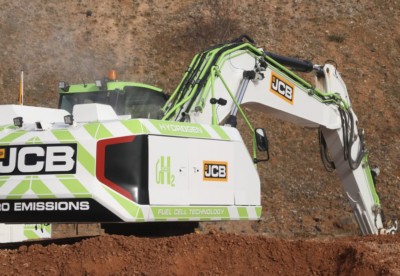
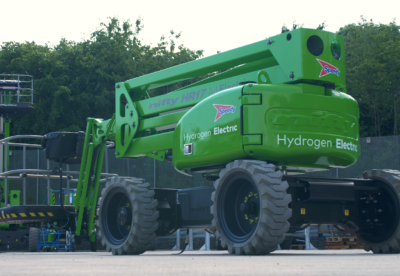


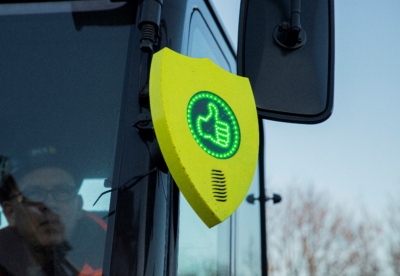
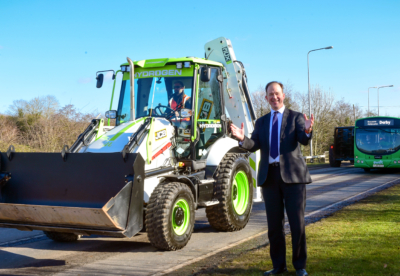



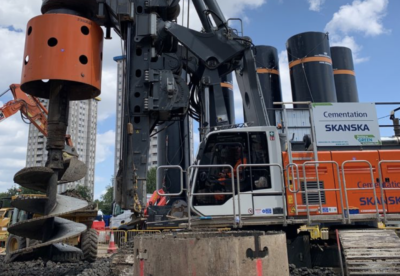

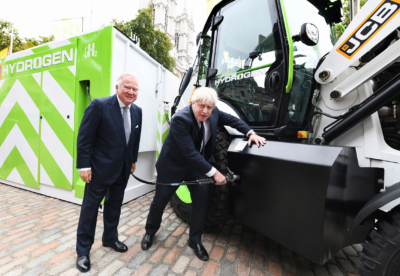
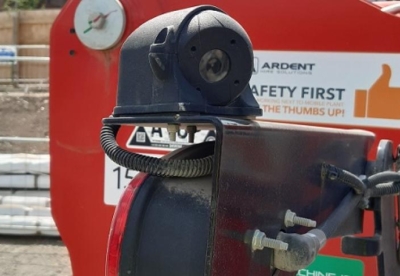

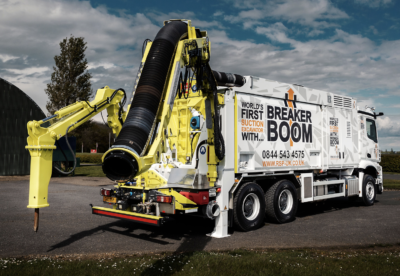
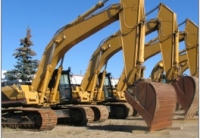

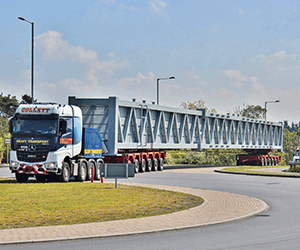
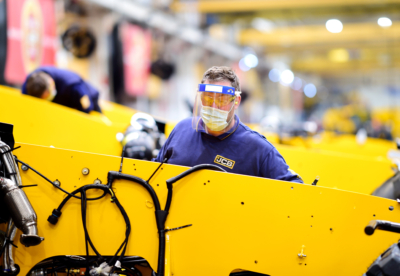
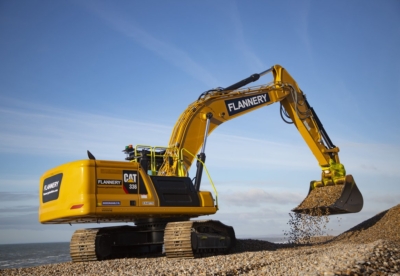
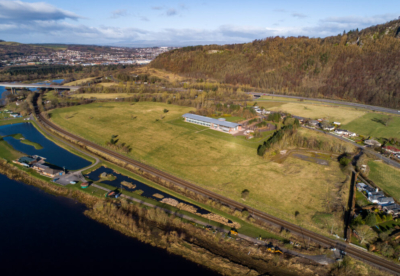
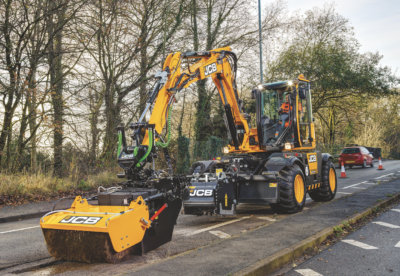
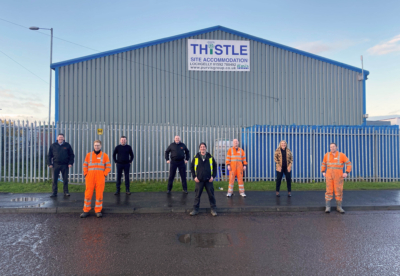

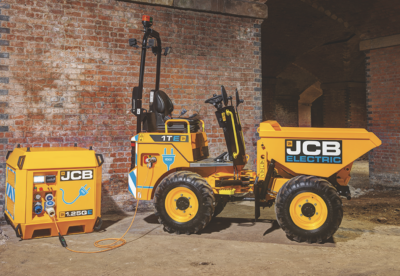
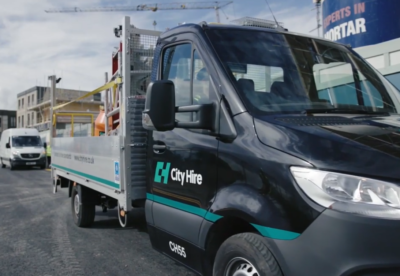


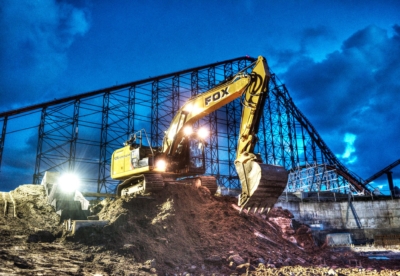

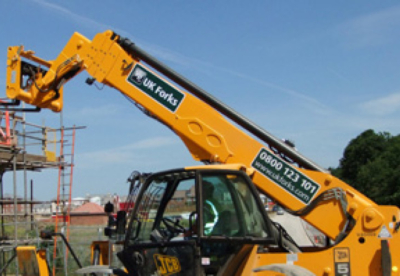

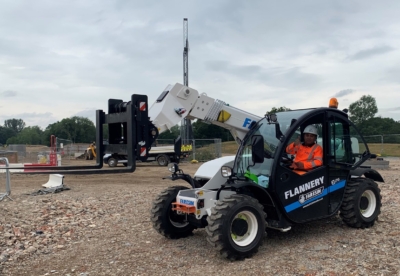
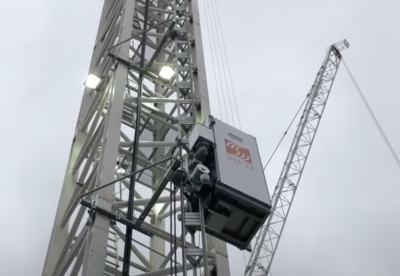
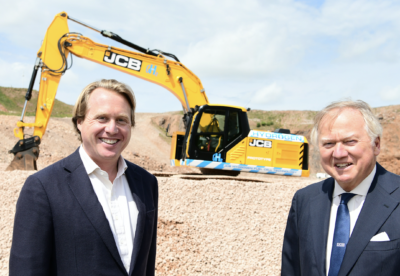






.gif)





